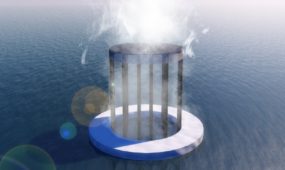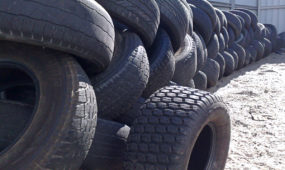CEO reputations intact after environmental lawsuits
Research & Development
CHIEF executives whose firms are sued for environmental damages are not experiencing reputational repercussions, according to a large-scale university study.

Sign up to receive notifications about new stories in this category.
Thank you for subscribing to story notifications.
In a study of almost 10,000 cases filed in the United States Federal Court over an eight-year period, researchers at the University of Adelaide in South Australia investigated the flow-on effect for CEOs after their companies were sued for contractual, environmental and Intellectual Property lawsuits.
University Lecturer Chelsea Liu, who conducted the work as part of her PhD studies at the University of Adelaide, said previous work done in relation to reputational damage for CEOs had not focused on the areas of contractual, environmental and IP.
“We found that CEOs following lawsuits like contractual disputes tend to experience reputational penalties if they leave the sued firm,” Dr Liu said.
“But there is no evidence to suggest that CEOs have any type of reputational damage following environmental lawsuits.”
Dr Liu’s research was motivated by the BP Deepwater Horizon oil spill in 2010, which had catastrophic effects on the environment in the Gulf of Mexico.
She said this was a rare exception where reputational damage occurred.
“Back in 2010, following the BP oil spill, one of the responses was to fire CEO Tony Hayward and Tony was not documented to have had another job until 2014 at a smaller firm,” Dr Liu said.
“This was an extreme case where the CEO experienced reputational penalties but in most cases they do not.
“The lack of reputational penalties is a reflection of what corporations in general are doing and has implications for corporate social responsibility.”
The study focused on United States Federal Court cases that were heard between 2000 and 2007.
Dr Liu said, from a research perspective, it was difficult to see causation and more understanding was required.
“It is important to know how the CEOs are being penalised outside the legal system in order to work out optimal penalties,” Dr Liu said.
“This raises the question as to whether companies do not really take environmental issues as seriously as the claims made in their corporate rhetoric.
“Perhaps people nowadays will become more aware that things might not be responding accordingly, but more research in this area is needed.”
The findings have been published in the Journal of Contemporary Accounting & Economics.
Jump to next article



